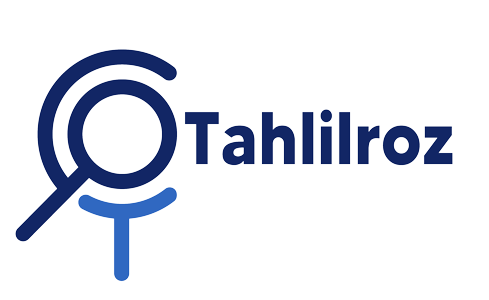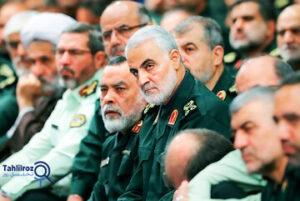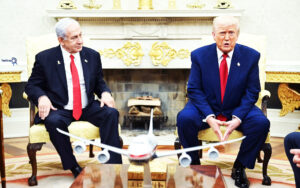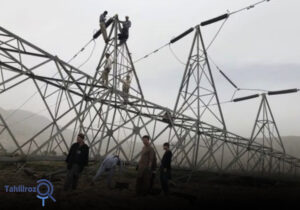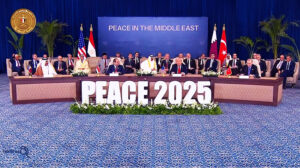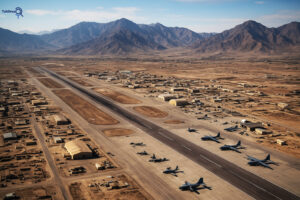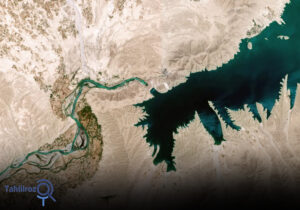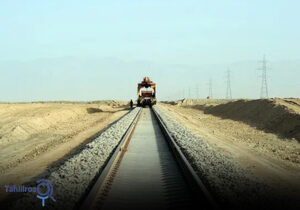The Third Doha Meeting on Afghanistan is scheduled to be held on June 30. In this meeting, which is going to be hosted by the United Nations and the participation of the special representatives of the countries in Afghanistan affairs, the Taliban has also been invited. The Taliban have put forward the preconditions for participating in the Third Doha Meeting. Although these preconditions are not precisely known, some sources have named six conditions as the Taliban’s conditions for participating in this meeting, which will be evaluated in this article.
- 1) Handing over Afghanistan’s seat in the United Nations to the Taliban
According to reports, one of the preconditions of the Taliban to participate in the Third Doha Meeting is to hand over Afghanistan’s seat in the United Nations to this group. This issue has been raised many times so far by the Taliban officials.
It seems that this demand as a precondition cannot be reasonable. Because handing over the seat of Afghanistan in the United Nations to the Taliban, requires legitimacy and recognition of them as the representative of the Afghan people in the international community, while this is an issue that neither the people of Afghanistan nor the world has yet agreed to.
Therefore, it was reasonable that the Taliban would state the issue in the agenda of the Doha meeting, so that this could be done by taking into account the global and regional considerations as well as the expectations of the Afghan people.
- 2) The withdrawal of the UN from appointing a special representative for Afghanistan
Failure to appoint a special representative for Afghanistan was one of the conditions announced by the Taliban to participate in the second Doha meeting. The Taliban has repeatedly expressed its opposition to this issue and believes that there is no need for a special representative While UNAMA is there as a representative. It seems that every action of the UN regarding the countries involved in the crisis should be necessary and result-oriented. The fact is that the UN can advance its goals by strengthening UNAMA, and insisting on the appointment of a special representative, which mostly comes from the United States and other Western countries, is nothing more than coercion.
- 3) Consultation with the Taliban about the agenda and composition of the Third Doha Meeting
Reports show that in the meetings of the political Deputy Secretary-General of the United Nations and the Qatari delegation with the Taliban officials, they demanded to be consulted about the agenda and composition of the Third Doha Meeting. It seems that this issue is logical and reasonable to the extent that the Taliban, as part of the political reality of Afghanistan, has the right to make suggestions and raise their considerations in the field of debatable issues; But if the Taliban mean that the agenda and composition of the meeting should all be approved by them, this expectation is nothing more than unilateralism and cannot be acceptable neither to the people of Afghanistan nor to the international community.
- 4) Absence of representatives of civil and political society of Afghanistan
The Taliban has repeatedly expressed its opposition to the inclusion of representatives of the civil and political society outside this group, and it is not unlikely that this issue is one of the basic demands and preconditions of the Taliban to participate in the Third Doha Meeting. But it seems that despite the many ifs and buts and that exist regarding civil society representatives, there is no justification for opposing the participation of other political parties in meetings related to Afghanistan.
It cannot be denied that Afghanistan is politically a country in crisis and needs a fundamental and comprehensive solution that cannot be achieved without the participation of all political parties, including the Taliban.
- 5) Not including girls’ education and women’s work in the agenda of the Third Doha Meeting
For more than three years, girls above the sixth grade cannot go to school, and for two academic years, the gates of universities have been closed to girls, women’s work is also prohibited in public and private institutions and institutions by the order of the Taliban leadership.
This has had unfortunate consequences for the Afghan society and has hurt the hearts of the international community. In such a situation, it is natural that the removal of obstacles to girls’ education and women’s work is one of the main demands of the Afghan people and a serious concern of the international community and human rights institutions. Therefore, considering these issues as internal issues is never a logical answer and the international community should help the Afghan people in this regard.
- 6) Removing the inclusive government issue from the agenda of the Third Doha Meeting
The purpose of the Doha meeting is to find a fundamental solution for Afghanistan’s exit from the 45-year political crisis, and all parties involved in Afghanistan’s affairs can provide a solution, and the Taliban also has the right to propose a solution as a part of the Afghan people.
But it never has the right to order the removal of other solutions from the agenda of the Third Doha Meeting. Inclusive government is one of the proposed ways to overcome the political crisis in Afghanistan, which is the result of historical, cultural, demographic, social, and political studies of Afghanistan.
The political historical study of Afghanistan shows that exclusivism has taken the most victims from the people of Afghanistan and the current crisis is also the result of this intellectual thesis; Therefore, Afghanistan can move towards stability when the historical, cultural, demographic, social and political realities in this geography are considered in the management organization of the country (government), and an inclusive government could be the right solution for that.
The people of Afghanistan expect the international community, especially the countries of the region and Afghanistan’s neighbors, who are also indirectly victims of the 45-year crisis in Afghanistan, to help them in this direction so that we see a safe, stable, developed and harmless Afghanistan for the world and the region.

Javid Yousefi is an Afghan expert
